In 2017, Columbia Pictures released a box-office film called “Only the Brave.” The film is an emotional, fictionalized account of the Yarnell Hill Fire of 2013, during which 19 firefighters — the entire Granite Mountain Interagency Hotshot Crew except for one lookout — were tragically entrapped by wildfire.
In their last hour alive, with the fire racing toward them, the Granite Mountain Hotshots inexplicably left a safety zone — in this case, a ridgetop that had already burned to ashes. Why they did so remains a matter of dispute, but the box-office film depicts the team’s leader, Eric Marsh, as saying “we’re the only crew in position to save these homes” over the radio. It also depicts crew members complaining about being in the safety zone rather than fighting fire.
However, there’s no evidence of any such radio communication between Marsh and his crew. What’s more, whether the crew was displeased about their position at the ridgetop is pure conjecture, because nobody on the ridgetop survived. And leaving a safety zone downwind from the flaming front in order to protect homes would have been a violation of standard firefighting protocol.
The fictionalized scene offers a false narrative of the tragedy, a narrative I call the hero myth. Whether on the big screen or in front-page headlines, the hero myth is remarkably consistent: Wildland firefighters selflessly battle deadly blazes to protect the public from nature’s unyielding wrath.
Newspaper coverage of wildfires contributes to the hero myth by favoring spectacle. Even moderate wildfires are called “apocalyptic,” “hellish,” and “terrifying.” Since 2018’s exceptionally rare fire tornado during the Carr Fire, news outlets have been quick to exaggerate any small vortex of fire — a common phenomenon of wildfires — into a fire tornado.
In my own experience, when I tell people that I used to fight wildfires, they often react with horror or awe, or thank me for my “service.” The implication is that fighting wildfires is dangerous and terrifying — a personal sacrifice on par with that of a soldier going to war. They mean well, and I appreciate their gratitude, but the sentiment is misguided in a couple of very important ways.
For one, wildland firefighting is not as dangerous as the media tends to portray it. In 2018, the U.S. Bureau of Labor Statistics reported that, calculated per equivalent full-time worker, the rate of fatal injuries among firefighters was about the same as the average fatality rate in the U.S. workforce overall. This metric lumps municipal and wildland fatalities together, and according to the U.S. Fire Administration, wildland fatalities are far fewer than municipal fatalities. Fishing, logging, piloting, roofing, and driving are all more fatal than firefighting. Yet wildland firefighter deaths are national news, while the deaths of roofers or loggers are not.
When firefighters do die, it’s usually not by being engulfed in flames. In 2017, the National Wildfire Coordinating Group, which develops national wildland fire operations standards, released a report on wildland firefighter fatalities concluding that 51 people died in entrapments by fire between 2000 and 2016 — 19 of them in the Yarnell Hill Fire. Over the same time period, more people died in aircraft and vehicle accidents or by heart attacks.
But perhaps the bigger problem of the hero myth is that it misconstrues the very nature of heroism. As Kyle Dickman notes in his book about the Granite Mountain Hotshots titled “On the Burning Edge: A Fateful Fire and the Men Who Fought It,” the terrorist attacks on 9/11 brought firefighters to a war zone. The first responders and firefighters of that day were surely heroes: people called to higher acts of valor and self-sacrifice than the duties of their station required. But as Dickman noted, the word firefighter has remained synonymous with hero ever since, even though no subsequent fire on American soil has been a war zone.
Therein lies the rub: The heroes of 9/11 saved victims of an act of terrorism that the public could not have planned for or mitigated. That’s why they are heroes. But wildfires, unlike acts of terrorism, can be planned for and mitigated.
Climate change, poor forest and ecosystem management, and irresponsible construction of homes have all contributed to the current wildfire crisis. Climate change has dried out the air in the Western U.S., which in turn has reduced the amount of water stored in the tissues of plants, making forests in particular more flammable. Meanwhile, the housing market has favored wilderness areas. From 1990 to 2010, 43 percent of new homes were built near the edges of wilderness areas, a zone termed the wildland-urban interface. Many of these homes are not fire-safe, but built from flammable materials in proximity to flammable vegetation.
Every time somebody thanks me for my service, it reminds me that this wildfire crisis was preventable. Half a century was squandered in the response to climate change. While Congress funded wars, the U.S. Forest Service couldn’t afford to both fight wildfires and manage fuels to reduce wildfire severity, so wildfires became more severe. The public could protect their homes before wildfires threaten, but often, they don’t.
I speak for many wildland firefighters when I say it’s not really heroic to fight a problem that could have been averted with responsible policy. Most fatalities that do occur are not heroically tragic, but rather, just tragic. The Granite Mountain Hotshots didn’t perish while saving innocent lives, or even homes. They perished in the middle of nowhere, for reasons most wildland firefighters will not claim to understand.
Exaggerating the deadliness of wildfires props up the myth that wildfires are invincible. Invincible wildfires cannot be mitigated, and so the myth engenders inaction, but inaction will make wildfires worse. And, ironically, as wildfires get worse, inaction will put the lives of wildland firefighters at greater risk. It sometimes seems to me that proponents of the hero myth exaggerate the deadliness and heroism of wildland firefighting on purpose, as if to avoid change.
I would like to see that change, and I would like to see the hero myth put to rest. That means acknowledging wildfires are not apocalyptic monsters, but natural phenomena that can be managed — as they have been by Indigenous peoples for millennia. It means combatting climate change. It means ending the false equivalence between wildland firefighters and 9/11 first responders. Lastly, it means thanking a neighbor for getting their house fire-ready rather than thanking a wildland firefighter for their service.
Emily Shepherd is a freelance writer covering wildfire and wildlife conservation. She worked for eight years in conservation followed by two years as a U.S. Forest Service hotshot.


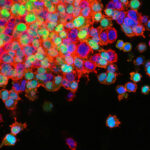


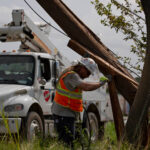
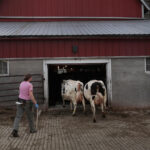


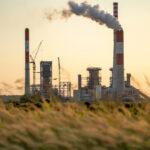
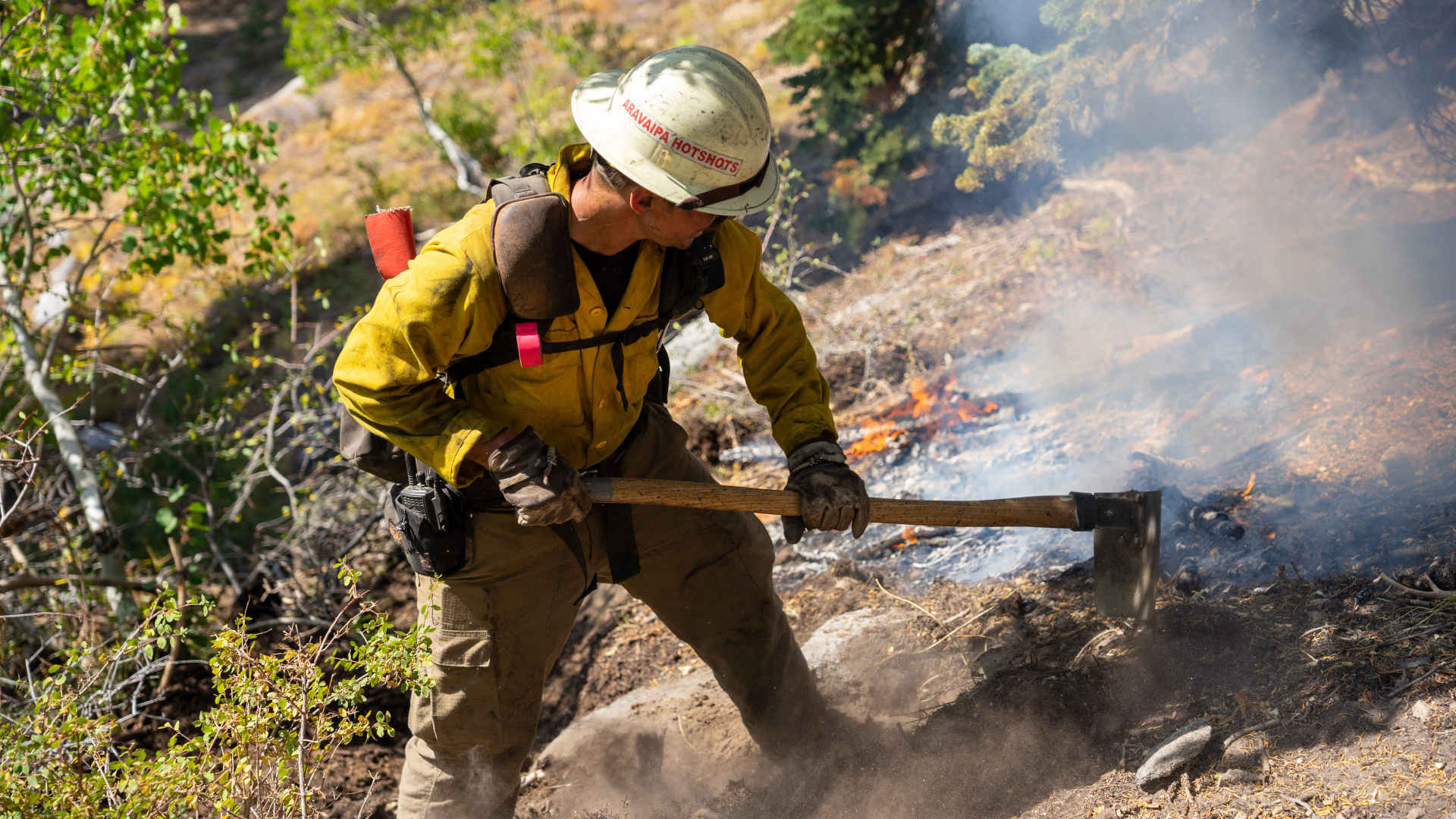
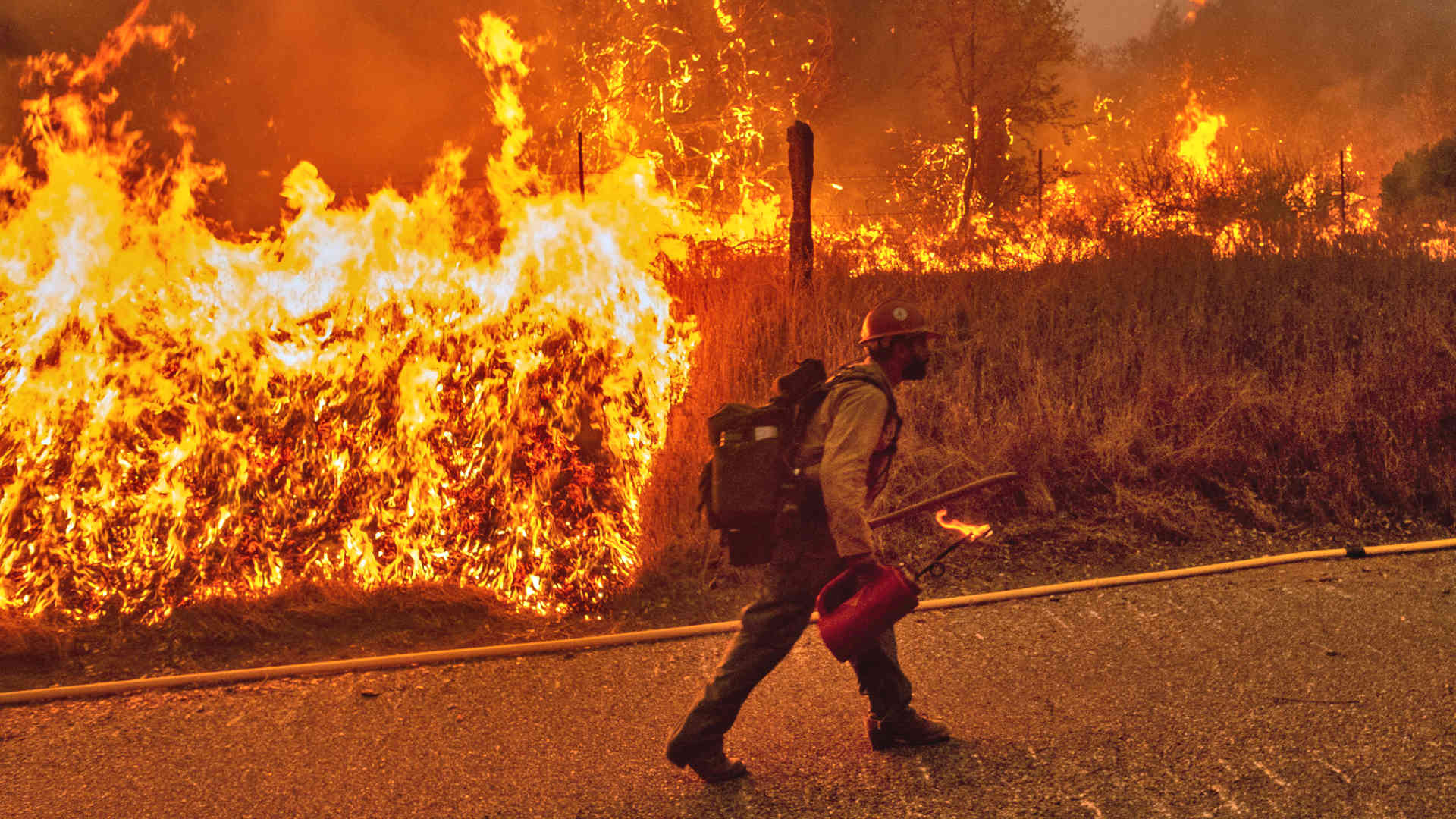
Comments are automatically closed one year after article publication. Archived comments are below.
I see your point and where you are coming from, but I can’t help but point out some flaws in your argument. Number one, wildland firefighters having the same fatality rate as other workforces should be a GOOD thing and not a point in your “argument”. There is a reason behind firefighting, and that is to protect lives and property. Firefighters MUST be selfless and see the bigger picture. Unfortunately, GMHS put their lives on the line for something not as significant as lives, and it costed them the ultimate price. None the less they were doing their job, and doing something that most people are too afraid or can’t do. Selfless men and women who have a desire to help people, even at the means of their own live, are indeed heroes. I know that you may NOT think that, and might be an expert with your 2 year firefighting experience, but you don’t sound very selfless. What you could do instead is maybe prevent these “tragedies” from happening and help, instead of writing a #$%@ article to push your political narrative. I agree that climate change is an issue, and we could prevent a LOT of these fires, but also in the process of that, let’s help our firefighters. The hero narrative is obviously thrown around quite a bit these days, but firefighters ABSOLUTELY fall under this label, we all do. Is it something I flex? Absolutely not, to me it’s a job I am in love with. Something tells me you really disliked your job, probably should of stuck inside. Go back to school.
Two whopping years as a hotshot but now you’re an expert? I’d love to see you make your case in front of the families of every single Granite Mountain Hotshot, especially the mothers and see how you fare.
As a teacher, this article resonated with me. Teachers are not heroes. We are cog’s in the machine, minions of the gate keepers.
Good job. Thanks Mr. Gill, and most others for posting. In 2013 I made a lifelong commitment to delve into the YH Fire and GMHS debacle. We started our Yarnell Hill Fire Revelations (YHFR) website to research and expose the truths and lies about this epic debacle. (www.yarnellhillfirerevelations.com)
I’m a retired USFS HS Crew Supt. with more than I care to remember, numerous shelter deployments, burnovers, entrapment, and fatalities, including a 1996 shelter deployment. We got briefed to “establish a conclusion” and then get “facts” to support it. Now with the “no blame, no-fault” FLAs, Learning Reviews; feckless means to avoid telling the truth about what happened and why. Learning “incomplete lessons” guarantees we will continue to maim / kill WFs and FFs for the same reasons.
Indeed, the YHF and GMHS debacle is the biggest cover-up, lie, and whitewash in wildland fire history.
I’ve been on numerous YH Fire and GMHS site visits over the years. During the Oct. 2013, SW Area IHC AAR, one senior HS Supt, during the Integration Phase stated: “This is the final, fatal outcome of a long chain of bad decisions with good outcomes; we saw this coming for years;” buttressed by numerous others. Some felt these GMHS supervisors killed their men. They violated their solemn duty to do their best to guarantee the safety and welfare of those they supervised.
I prefer to remain on the solid ground of honoring these dead GMHS as one of the many Truth Tellers.
The person who wrote this article is a worthless coward.
There is no point to this article, except to stir up shit.
Emily with only two years in an actual firefighting feels like she knows it all.
Two years on a crew? That’s it? That’s where you get your experience from? Try 10, 15, or 20 and come back. Your view doesn’t go past your nose.
while I agree the ‘hero’ nomenclature has become over used, I think you understate the actual complexity and over rate your connection and ability to understand it. I think the real issue is that real conversations about why wildland firefighters die always gets taken over by the politics that force their way in. No, I do not think the Granite Mountain Shots died a heroic death. I think they died a tragic death of their own making through incredibly bad decisions, as was the case on the 30 mile, and many other fatality fires. Decisions that may have been contributed to hero think, but not hero actions. But again, you are using their deaths to push a political narrative that really has no bearing on the cause of their deaths. Whether fire was influenced by Climate Change or it wasn’t, whether politics played a roll or didn’t, they are dead because of the decision they made that was a bad and wrong decision and one THAT IS TAUGHT to every rookie firefighter that ever gets to the line. They violated so many Fire Orders and Watch Outs to get to where they were killed that the real question should be why did they die for nothing? Plants regrow. Houses get rebuilt. None are worth dying for. That is what any discussion about ‘heroes’ and fireline deaths should be about. But you take it to Climate Change, pay rates, and hero worship. And as usual, the real issue gets bumped aside.
This article is well-intentioned, and there’s no question the situation is tragic, but let’s remember that wildland firefighters are typically kids in their early 20s who get paid very low wages to do a job that’s not only dangerous, but also incredibly hazardous to their health. The mortality rates of wildland firefighting may be lower than that of other professions, but firefighters are still inhaling wildfire smoke around the clock, often for weeks at a time, in quantities that are certain to endanger their health. And in spite of the author’s claims to the contrary, firefighters do protect lives and homes—and the ones who don’t still protect the land. It’s valuable to point out that hero myths are deployed by institutional powers to draw public attention away from their own numerous failings, but then why not keep the criticism trained on the powers themselves? Implying that wildland firefighters aren’t really heroes does more to harm the underpaid, underinsured kids the myth is meant to honor than it does to harm those who are actually responsible.
Unless you’ve put your life on the line as these fire fighter’s have, you have no say!and it soun ds like you have blinders needs eaall fire are do to climate change, yes our forests need work, but there needs to be more funding pand jopiwasbs. No time to blame. Help with the solution!!
Agree. We toss around the word “hero” so often it’s become almost meaningless. Thank you for a great essay.
A hero is a real person or a main fictional character who, in the face of danger, combats adversity through feats of ingenuity, courage, or strength. After 25 years, 18 as a hotshot, I think most firefighters I’ve known met this definition. Would better policy help avoid the times I helped evacuate the public? Sure. But it would be the same argument that a police officer who risks their life to save a car crash victim could have been avoided if only their was a better seat belt. Or the structure firefighter who perishes from a collapse because building codes could have been better. Does that make the deed less meaningful? Regardless of where my friends from Granite Mountain died, they perished in service to a greater cause, a cause deemed worthy by the public discourse which defines heroism. You belittling them does little to defend the cause your are trying to make. It’s the same as screaming baby killer to a Vietnam vet, who was drafted and served the polis as requested. Poor choice of words that belies a false causal nature, is simplistic and non sequitur. Don’t conflate the two, there is no going back to your idealist pre-settlement “nature”.
This has been gnawing at me for years but I couldn’t eloquently put it to words